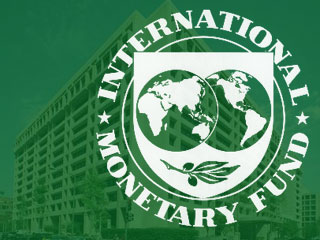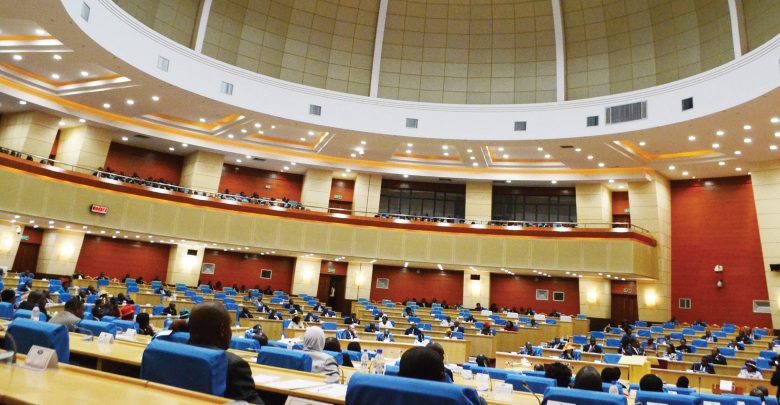Global lender International Monetary Fund (IMF), which in June gave impoverished Malawi a three-year $157 million loan package, has pledged to continue its support to fix the country’s troubled economy hit by global aid suspensions.
“The IMF is impressed with the reforms the current administration has undertaken in order to address economic challenges the country faces. Because of this, we will continue supporting Malawi to regain its economy back,” David Owen, the fund’s deputy director for Africa, said at the start of a two-day meeting on Friday jointly organized by Malawi authorities and the IMF.
Malawi’s ties with the IMF broke down last year after it suspended a $79.4 million credit facility meant to cushion chronic foreign exchange shortages during the administration of the late president Bingu wa Mutharika, who died in April after a heart failure.
President Joyce Banda, then vice president before she succeeded Mutharika, launched a raft of measures including an economic recovery plan to lure back donors who provide up to 40 percent of the country’s development budget.
Owen praised Banda’s leadership style of economic reforms, that included devaluing the currency by a third against the dollar, a key IMF demand, to secure a resumption of much vital aid.
“This has prompted development partners to be geared to stabilize the country’s economy,” Owen said, adding that some reforms had led to the end of persistent fuel and foreign exchange shortages.
“Some of the reforms government implemented since President Banda came into power have resulted in fuel and forex shortages being addressed. The bold decisions Banda made have paid dividends,” he said.
Banda, who has in the past said the country’s agriculture-powered economy was in a “total mess”, told the meeting the plan to fix the economy was a “roadmap that would enhance socio-economic recovery of the country that has been in tatters since 2010.”
She said the plan “adds value by sharpening the focus” on the country’s economic blueprint and “emphasing key sectors and activities deemed critical for expediting the transformative process that is needed to put Malawi on a sustainable, diversified growth path.”
Banda said when she took office in April, “our nation needed to both restore and consolidate macro-economic stability and establish a strong foundation for diversified and inclusive growth.”
Under Mutharika, relations between Malawi and the agency had become tense after he constantly refused to devalue the currency as the IMF had advised, arguing it would trigger inflation and hurt the poor , where 39 percent of the 13 million citizens live on less than a dollar a day.
Several key donors, including former colonial power Britain, suspended aid to the country, citing concerns about growing authoritarian tendencies in Mutharika’s government.
Diplomatic relations with Britain have since been re-established.





No comments! Be the first commenter?